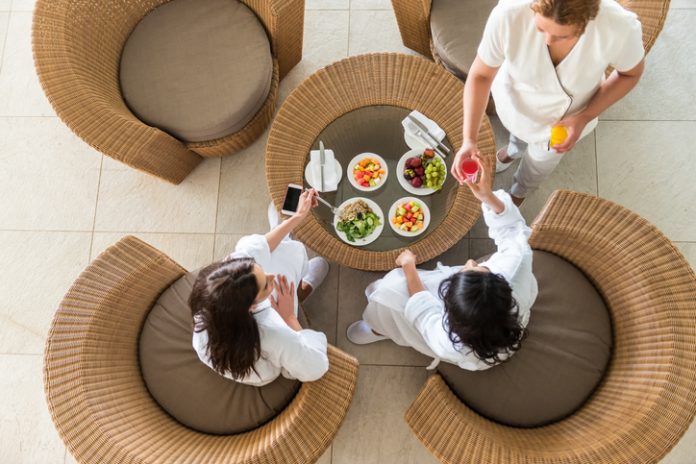
In 2019, the pursuit of higher levels of guest personalization in the hotel industry may feel like an overused or tired objective. After all, we heard about the need to provide higher levels of personalization for nearly a decade. While some argue, rightfully so, that the increasing role of technology in the guest experience provides a wealth of opportunity to increase personalization, at the most fundamental level, personalization still means finding a way to better meet the individual needs and wants of guests, with or without the use of technology.
Over the past several years, the industry has witnessed the emergence of the wellness-minded traveler as a very large niche and highly desired guest. While the wellness-minded traveler transcends all historical market segments tracked by the industry to varying degrees, they do have one common attribute—wellness-minded travelers pursue activities and make lifestyle choices that lead to a state of holistic health. With this backdrop, offering a guest a wide range of wellness choices at a property represents the ultimate strategy in guest personalization. After all, few things represent a more personal need or want than providing a guest with a means to pursue their well-being when they stay in a hotel.
Our industry has embraced the need to satisfy the wellness-minded traveler as evidenced by the wide range of initiatives and, in a number of cases, wellness-related acquisitions, underway in our industry. Hotels are rolling out initiatives that help guests sleep, relax, eat well, and exercise.
Hotels have a number of options for monetizing a wellness-oriented room. The most obvious form occurs when a property applies a premium to that room. According to the Global Wellness Institute, wellness travelers spend more than their counterparts, both domestically and internationally. In 2017, international wellness travelers spent 53 percent more than other international tourists. Domestic wellness travelers are willing to spend an even higher premium—178 percent more than their counterparts.
Using a wellness-oriented room to provide upgrades without an associated premium offers another form of monetization, particularly for loyalty members. Upgrades typically yield a more loyal guest, produce a higher repeat or return rate, and generate positive property reviews and “word of mouth” or social learning value. Guests certainly like to share with others their story of an upgrade to a suite or other premium room when delivered efficiently. In the case of an upgrade to a wellness-oriented room without an associated premium, the value to the guest extends well beyond a typical one-category upgrade. A wellness-oriented room offers the guest something far more personal than a larger room with a better view because it impacts the guest’s health and well-being.
When it comes to serving the wellness-minded traveler, do not fail to keep personalization top of mind. Enabling a wellness-minded traveler to pursue their well-being represents the ultimate expression of personalization.











